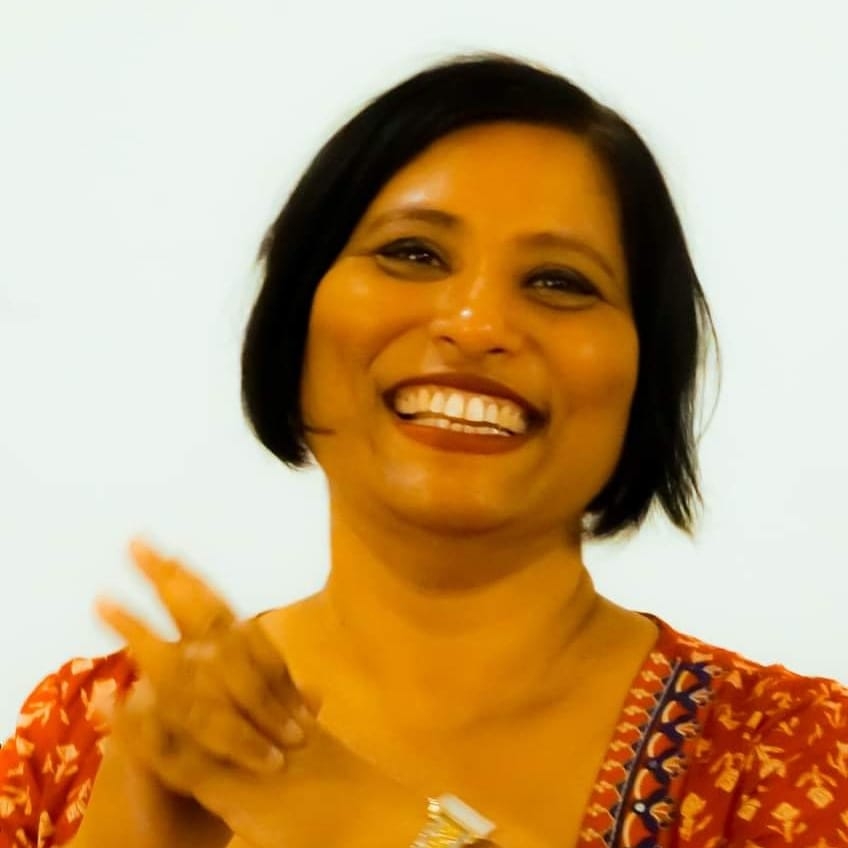j
Das Frauenkomitee des Österreichischen PEN Clubs wurde zunächst 2014 gegründet, und setzte sich mit wichtigen Themen, mit denen Schriftstellerinnen weltweit konfrontiert sind, auseinander. Ziel des Frauenkomitees ist es, mit SchriftstellerInnen aus Österreich sowie mit unterschiedlichen Frauenrechtsorganisationen zusammenzuarbeiten, als auch mit Autorinnen aus den internationalen PEN-Zentren weltweit in Kontakt zu treten. Im Mittelpunkt stehen die Aktivitäten des Writers in Prison-Komitees, um inhaftierte und von Verfolgung bedrohte schreibende Frauen zu unterstützen. 2023 nimmt das Frauenkomitee seine Arbeit wieder auf.
Veranstaltungen 2023:
8.3. Auftaktveranstaltung: Anläßlich des Internationalen Frauentags 2023 findet im Rahmen der Veranstaltungsreihe „Literatur unter den Bögen“ ein Frauenfest / Buchpräsentation / Lesung / Talk im Operschall am 8.3. ab 19 Uhr statt.
Juli Sommerlesefest für Frauen
15.11. Internationaler Writers in Prison Day (Alte Schmiede)
25. 11. Internationaler Tag gegen Gewalt an Frauen
,
Sarita Jenamani, Sprecherin des Frauenkomitees. In Österreich lebende Schriftstellerin indischer Herkunft, Literaturübersetzerin, Herausgeberin des zweisprachigen Magazins für Migrantenliteratur „Words & Worlds“, Menschenrechtsaktivistin, Feministin und Generalsekretärin des Österreichischen PEN. In der edition pen im Löcker Verlag sind bisher erschienen: „Inscriptions on Sand Dunes / Inschriften auf Sanddünen“. Poems / Gedichte (2017); „Allahs gefangene Schüler. Kerkerpoesie aus islamischen Ländern“ (Hg. mit Aftab Husain und Helmuth A. Niederle, 2019).

Marion Wisinger, Sprecherin des Frauenkomitees. Historikerin und Autorin, Vizepräsidentin des Öst. PEN, Beauftragte des Writers in Prison Komitees. Vorstandsvorsitzende des Wiener Forums für Demokratie und Menschenrechte, Chefredakteurin des Liga-Magazins für Menschenrechte.
THE PEN INTERNATIONAL WOMEN’S MANIFESTO
The first and founding principle of the PEN Charter asserts that ‘literature knows no frontiers’. These frontiers were traditionally thought of as borders between countries and peoples. For many women in the world – and for almost all women until relatively recently – the first, and the last and perhaps the most powerful frontier was the door of the house she lived in: her parents’ or her husband’s home.
For women to have free speech, the right to read, the right to write, they need to have the right to roam physically, socially and intellectually. There are few social systems that do not regard with hostility a woman who walks by herself.
PEN believes that violence against women, in all its many forms, both within the walls of a home or in the public sphere, creates dangerous forms of censorship. Across the globe, culture, religion and tradition are repeatedly valued above human rights and are used as arguments to encourage or defend harm against women and girls.
PEN believes that the act of silencing a person is to deny their existence. It is a kind of death. Humanity is both wanting and bereft without the full and free expression of women’s creativity and knowledge.
PEN ENDORSES THE FOLLOWING INTERNATIONALLY RECOGNISED PRINCIPLES:
- NON-VIOLENCE: End violence against women and girls in all of its forms, including legal, physical, sexual, psychological, verbal and digital; promote an environment in which women and girls can express themselves freely, and ensure that all gender-based violence is comprehensively investigated and punished, and compensation provided for victims.
- SAFETY: Protect women writers and journalists and combat impunity for violent acts and harassment committed against women writers and journalists in the world and online.
- EDUCATION: Eliminate gender disparity at all levels of education by promoting full access to quality education for all women and girls, and ensuring that women can fully exercise their education rights to read and write.
- EQUALITY: Ensure that women are accorded equality with men before the law;, condemn discrimination against women in all its forms and take all necessary steps to eliminate discrimination and ensure the full equality of all people through the development and advancement of women writers.
- ACCESS: Ensure that women are given the same access to the full range of civil, political, economic, social and cultural rights to enable the full and free participation and public recognition of women in all media and across the spectrum of literary forms. Additionally, ensure equal access for women and girls to all forms of media as a means of freedom of expression.
- PARITY: Promote the equal economic participation of women writers, and ensure that women writers and journalists are employed and paid on equal terms to men without any discrimination.